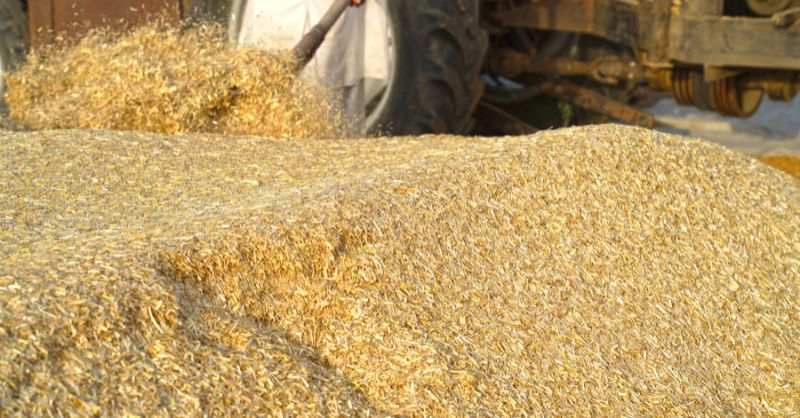Fodder Feed Additives: Enhancing Livestock Nutrition and Health
23 May, 2023

Fodder feed additives play a crucial role in improving the nutrition and overall health of livestock. These natural feed additives, also known as livestock feed supplements or nutritional feed additives, are gaining widespread recognition for their ability to enhance animal performance and well-being. With a focus on maximizing productivity and addressing nutritional deficiencies, these additives are revolutionizing the agricultural industry.
In recent years, the demand for high-quality animal products has surged, and farmers and producers are increasingly seeking innovative ways to optimize livestock health and productivity. This has led to a growing interest in fodder feed additives, which are formulated to supplement animal diets and address specific nutritional requirements.
One of the key benefits of fodder feed additives is their ability to enhance the digestibility and utilization of nutrients in animal feed. By incorporating natural ingredients such as vitamins, minerals, enzymes, and probiotics, these additives help improve the absorption and conversion of nutrients, leading to better feed efficiency and overall animal performance.
Moreover, livestock feed supplements contribute to the prevention and control of various health issues in animals. They can strengthen the immune system, promote gut health, and reduce the risk of diseases. By providing a balanced and fortified diet, these additives help farmers reduce the need for antibiotics and other medications, contributing to a healthier and more sustainable approach to animal production.
The market for fodder feed additives is witnessing significant growth as the demand for high-quality animal products continues to rise. With advancements in research and technology, manufacturers are introducing a wide range of innovative feed additives to address specific needs and challenges faced by farmers.
One notable trend in the industry is the increasing focus on natural and sustainable feed additives. Consumers are becoming more conscious of the origin and quality of the products they consume, and this awareness extends to animal products as well. As a result, there is a growing preference for natural feed additives derived from plant-based sources, which are free from synthetic chemicals and additives. These natural alternatives not only enhance animal health but also align with the broader trend towards sustainable and eco-friendly farming practices.
Furthermore, the global demand for fodder feed additives is driven by the expansion of the livestock industry. As populations grow and incomes rise in many developing countries, the consumption of animal products, such as meat, milk, and eggs, is on the rise. To meet this increasing demand, farmers and producers are investing in technologies and solutions that can maximize productivity and efficiency.
In response to this growing market, numerous companies are actively engaged in the development and distribution of fodder feed additives. These companies offer a diverse range of products tailored to meet the specific nutritional needs of different livestock species, including cattle, poultry, swine, and aquaculture.
However, it is essential to note that while fodder feed additives offer numerous benefits, their usage should be based on scientific research and appropriate guidelines. It is crucial for farmers and producers to consult with veterinarians, nutritionists, and industry experts to determine the most suitable additives for their specific requirements. This ensures optimal results while maintaining animal welfare and minimizing any potential negative impacts.
Fodder feed additives have emerged as a vital component of modern animal production systems. By improving nutrition, promoting health, and enhancing feed efficiency, these additives contribute to the overall well-being and productivity of livestock. As the demand for high-quality animal products continues to grow, the market for natural feed additives is poised for further expansion. By embracing these innovative solutions, farmers and producers can meet the evolving demands of the industry while promoting sustainable and responsible farming practices.
